From the postcard-perfect Coral Bay to the hidden beauty of Secret Cove, these spots promise stunning photos and unforgettable views.
GVI
Posted: August 29, 2024

Zaytoen Domingo
Posted: October 28, 2019
The ocean is big and blue. It covers over three quarters of our planet. It’s one of the largest sources of life. But do we really understand our water, our vast ocean network, and most importantly: “Life Below Water”?
The Pacific. The Atlantic. The Indian. The Southern. The Arctic. Together, this mass of interconnected water covers 361,132,000 square kilometres (over 70% of the earth’s surface).
But, how much do we really need it, rely on it, and depend on it? And what is being done to conserve it?
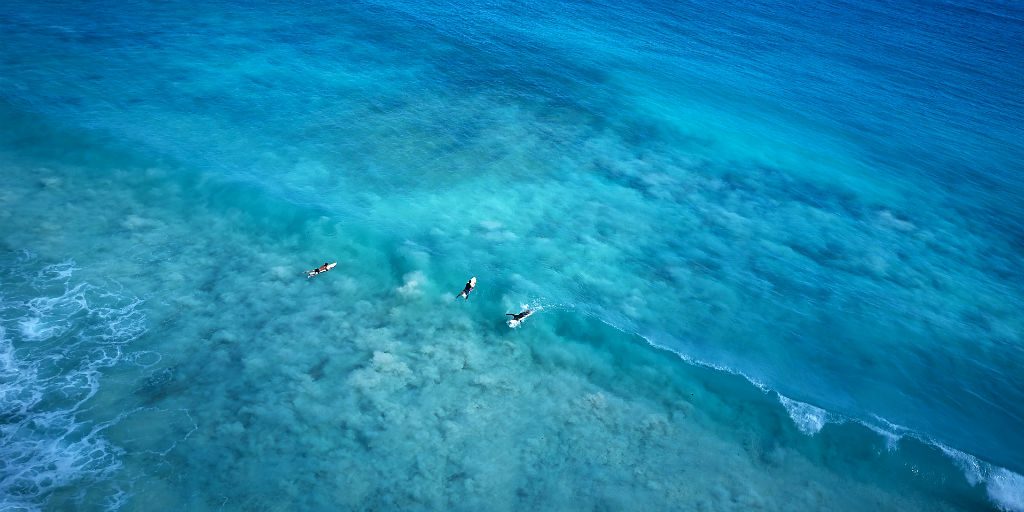
The ocean is vital to human life. We rely on the world’s oceans to provide and regulate our everyday, fundamental needs.
Our five main oceans connect to spread across the entire planet. It’s this mass waterway that:
The UN’s facts and figures about our oceans detail just how crucial water is to us, but they also outline the grave dangers it currently faces.
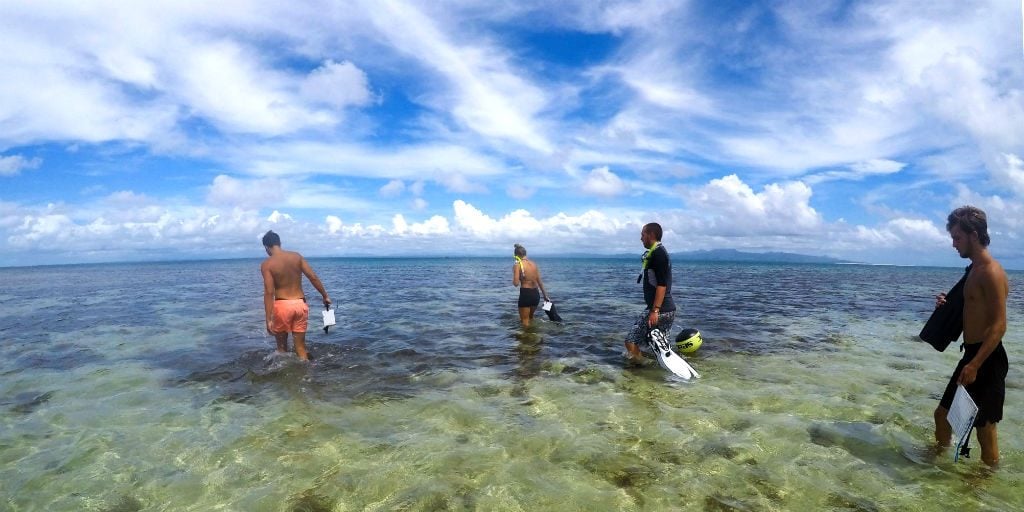
Our oceans are under threat. This threat stems mostly from human actions. What is it going to take for us, the global population, to be aware of the real consequences of our actions?
Right now the health of our planet’s water is suffering significantly.
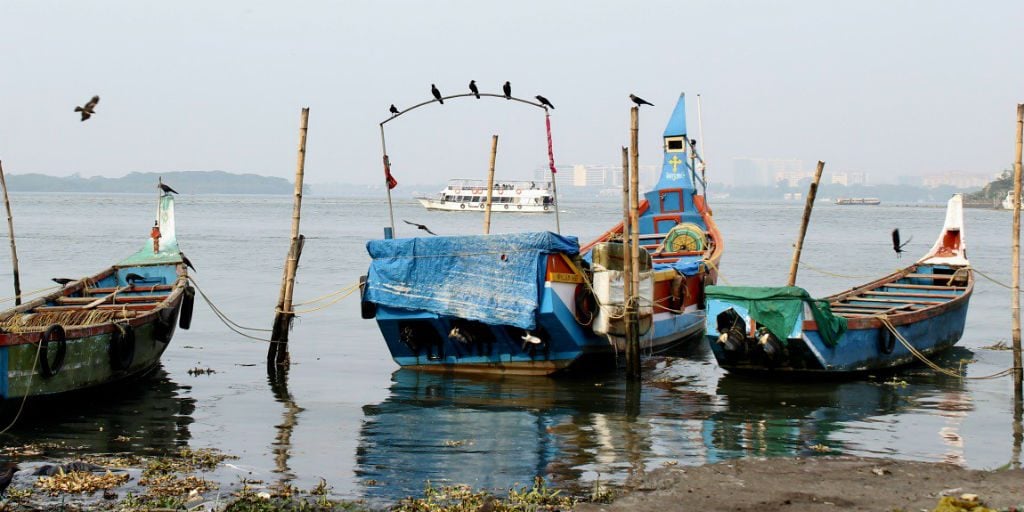
In 2015, the UN published 17 goals to “transform our world” and “achieve a better and sustainable future”.
Goal 14: Life Below Water aims to “conserve and sustainably use the oceans, seas and marine resources”.
This seems a reasonable aim. But is it achievable in the current environment of land-based pollution leading to coral reef bleaching, overfishing in the oceans, marine habitat degradation, ocean acidification and climate change?
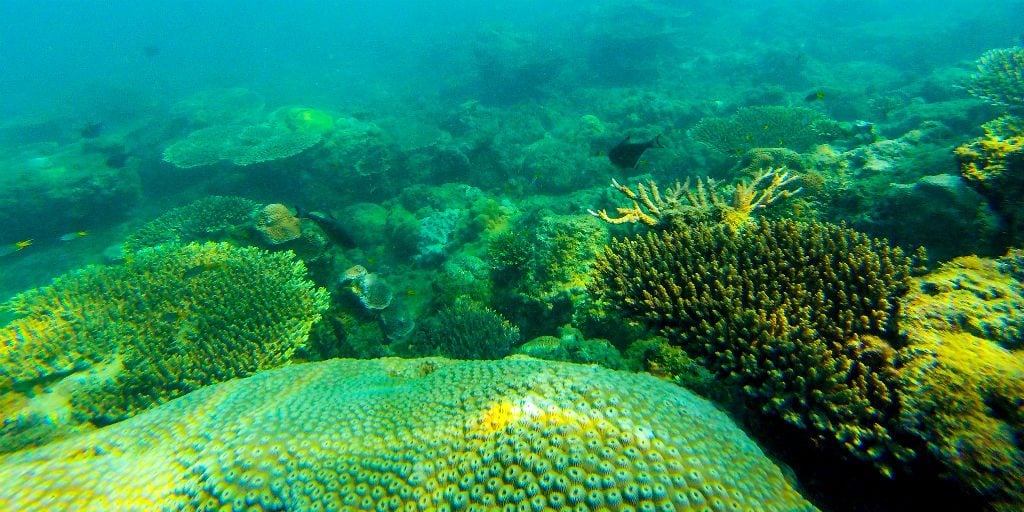
Goal 14’s targets are clear. In short, they aim to:
But, how do we turn a goal into a reality?
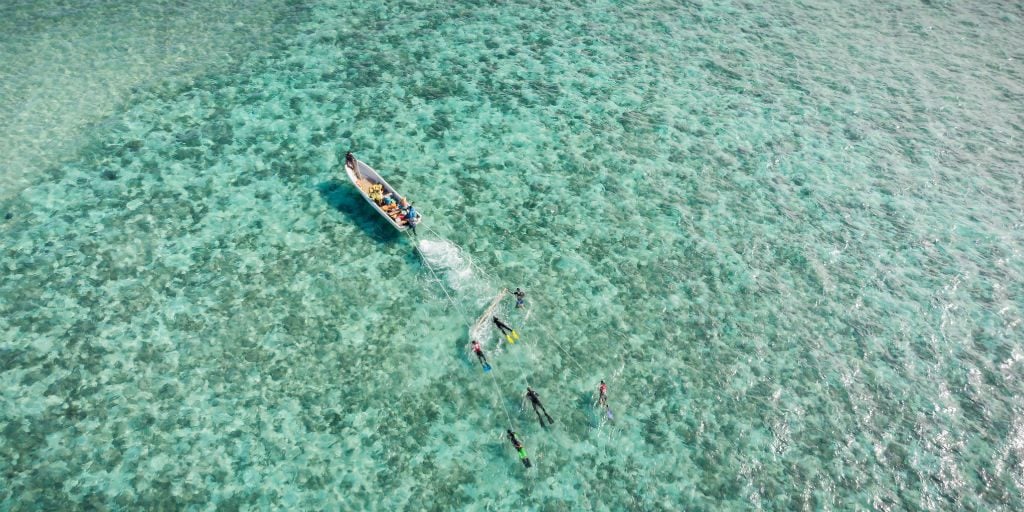
Action is needed now in order to preserve our oceans, and ultimately, preserve human life as we know it. As fish species decline, the health of coral reefs decreases and marine ecosystems crumble. This decline of Life Below Water is negatively affecting our lives above water.
But, how do we prioritise this? How do we, as a global community, realise the importance of action now?
How do we make the link between the food we buy in supermarkets and the fish living below water miles away? How do we notice the difference in the quality of the air we breathe, or the impact of rising CO2 levels? The short answer is: we don’t – not enough anyway – and this is why changing perspectives and habits is so important.
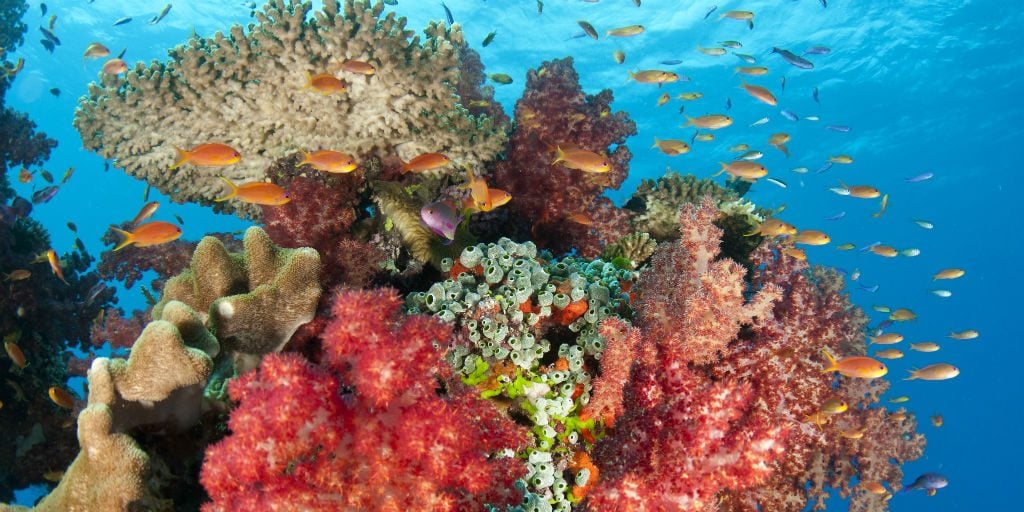
Scientific research can give us information and answers that the individual is unable to access. This is why science and global goals, like the UN SDGs, are so vital. It’s these official targets that are now calling governments, and individuals, to take action. And they are.
Governments and organisations across the world are showing commitment to achieving Goal 14: Life Below Water.
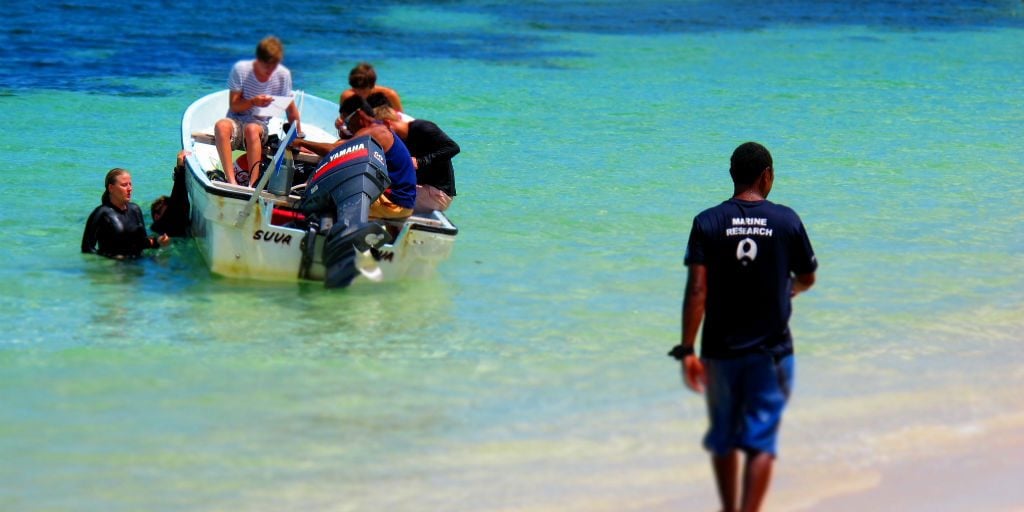
It’s not just governments that can make a difference though.
Travel, volunteer and conservation organisations like GVI are helping to raise awareness on both local and international levels, and are designing programs to really make an impact.
For the last 15 years, GVI has been working in collaboration with, and alongside the Seychelles National Parks Authority to protect marine resources in Seychelles’ precious marine parks.
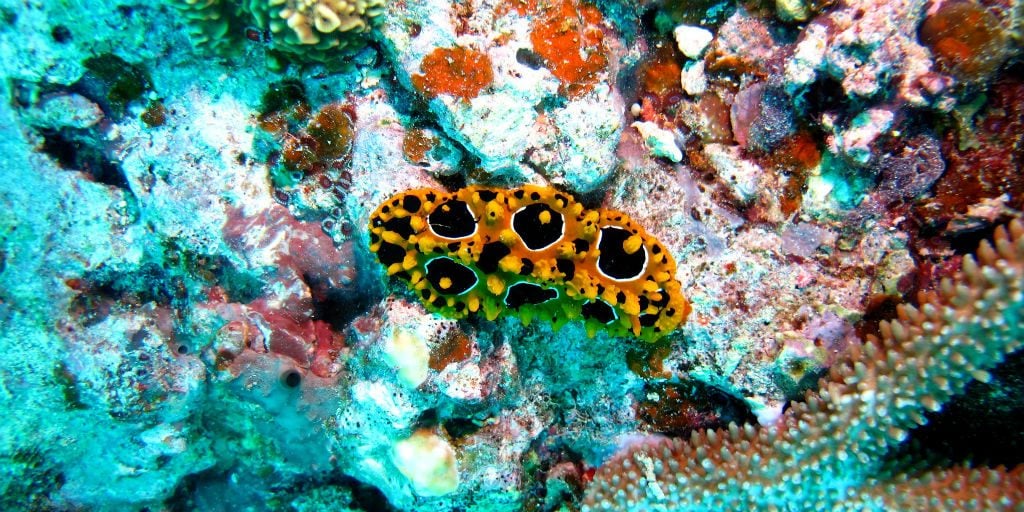
Now, celebrating 20 years of sustainable development, GVI recognises, more than ever, the need for similar collaboration. This work needs to spread across the world, in order to achieve the necessary ocean protection for Goal 14: Life Below Water.
You can be part of vital marine conservation to help save the oceans that regulate our planet. Join GVI marine conservation programs in Mexico, Thailand, Fiji or Seychelles to make your contribution to our precious Life Below Water:
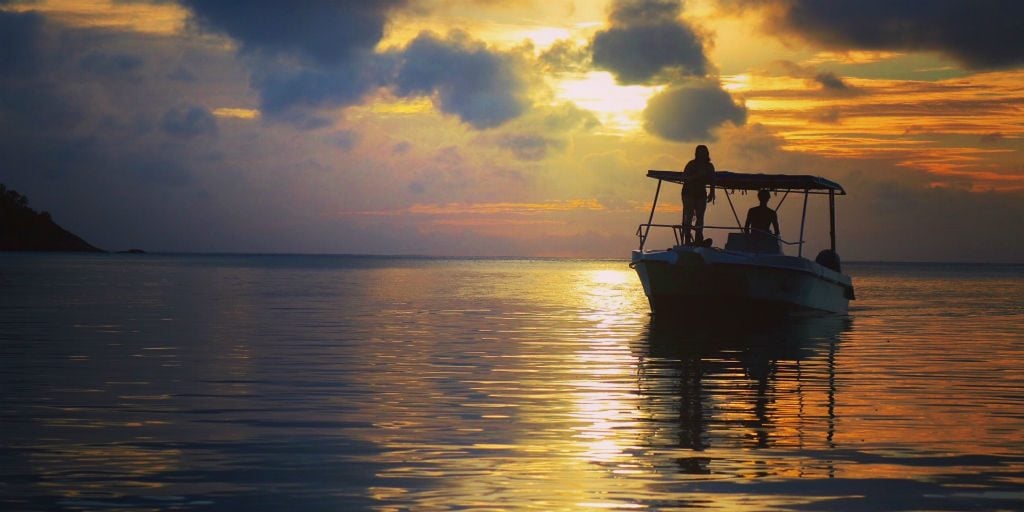
Find out what marine conservation opportunities inspire you. Apply today and contribute to the global task of looking after our precious Life Below Water.
Emily Shelton is an intern at the GVI Writing Academy. The Writing Academy is a skills-development program that pairs development editors with budding travel writers. Learn more about the program here.
By Zaytoen Domingo
From the postcard-perfect Coral Bay to the hidden beauty of Secret Cove, these spots promise stunning photos and unforgettable views.
GVI
Posted: August 29, 2024